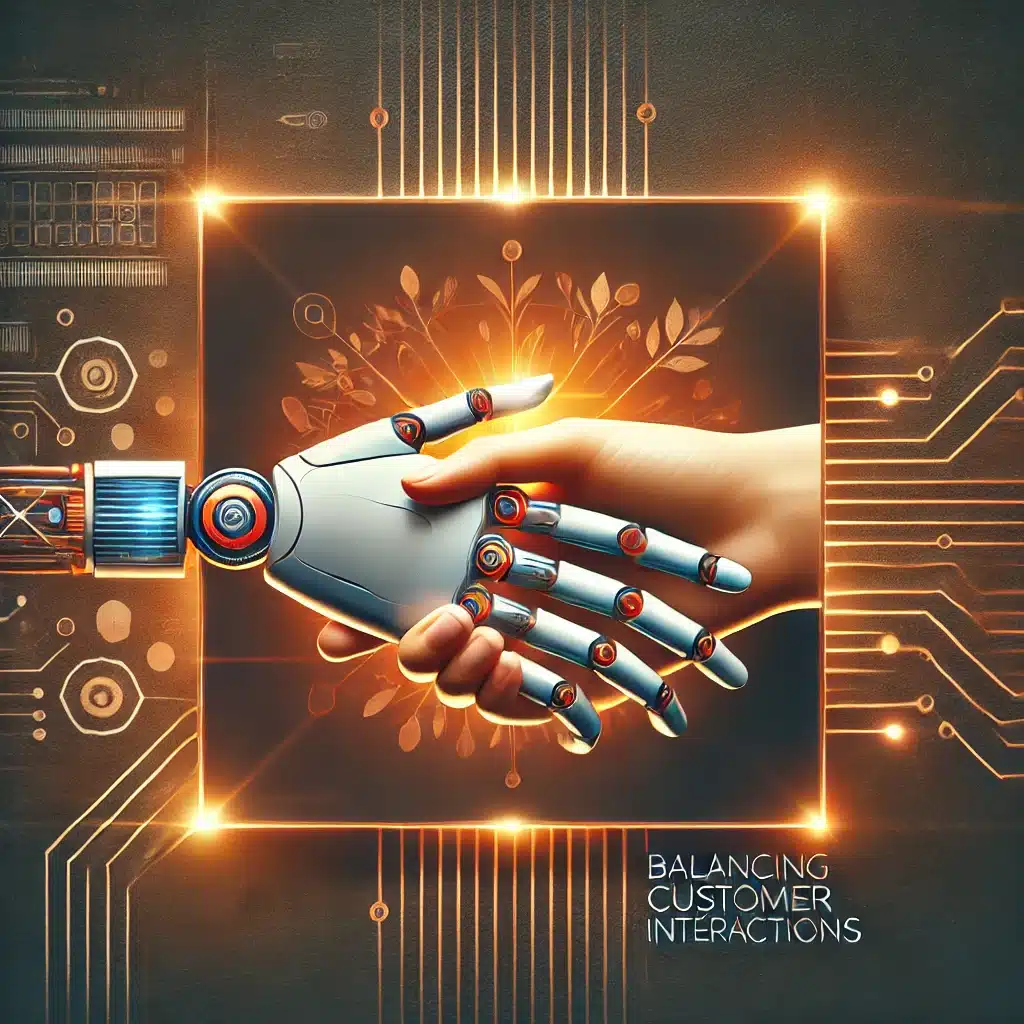Artificial Intelligence (AI) is transforming many industries. In sales and marketing, AI offers exciting possibilities. However, it is crucial to differentiate between hype and reality. Understanding the true impact of AI can help you leverage it effectively.
Understanding AI’s Potential
One of the biggest advantages of AI is its ability to analyze large amounts of data quickly. Consequently, you can gain valuable insights into customer behavior. For example, AI can identify patterns in buying habits, which allows businesses to tailor their marketing strategies.
Personalization Through AI
AI can also enhance personalization. By analyzing data, AI tools can create customized marketing messages. As a result, customers receive more relevant content. Therefore, engagement rates often increase.
Challenges in Implementing AI
Nevertheless, there are challenges in implementing AI. Some businesses face technical hurdles. Others may struggle with the cost of AI solutions. For instance, small businesses might find it difficult to invest in AI technology.
AI in Action
Despite these challenges, AI is already making a difference. Many companies are seeing positive returns on their AI investments. Moreover, tools like chatbots and predictive analytics are becoming more common.
Chatbots and Customer Service
Chatbots use AI to improve customer service. They can handle inquiries and provide information instantaneously. Thus, customers experience faster and more efficient service. Moreover, chatbots help reduce the workload on human staff.
Predictive Analytics
Predictive analytics is another area where AI shines. Businesses can use AI to forecast future trends. Consequently, they can plan better and make informed decisions. This kind of foresight is invaluable in a competitive market.
Critical Insights from Industry Experts
Industry experts have highlighted the transformative role of AI. In an open letter to the UK government, over 4,000 artists called for support to mitigate the impact of AI on visual arts (Open letter to culture secretary also proposes ‘freelancers’ commissioner’ to champion cause of the low-paid).
The Call for Support
These artists recommend government interventions, such as a levy on smartphone sales. This would help fund visual arts in the face of AI advancements. Additionally, they suggest the creation of a freelancers’ commissioner to address the unique challenges faced by freelance artists.
The Economic Impact of AI
AI’s potential benefits are significant, but there are also economic challenges to consider. For instance, the rise of generative AI threatens the livelihood of many visual artists. Therefore, balanced support and funding strategies are crucial for both technological growth and the well-being of affected professionals.
Leveraging AI Effectively
To fully leverage AI, businesses must focus on understanding its capabilities. Investing in the right AI tools can provide a competitive edge. However, businesses should also consider the ethical implications of AI and aim to support all affected sectors.
Planning for the Future
Ultimately, preparing for the future involves both embracing AI technology and addressing its challenges. As AI continues to evolve, staying informed and adaptable will be key to success.
Conclusion
In summary, AI offers promising opportunities in sales and marketing. By understanding its potential and addressing its challenges, businesses can leverage AI effectively. However, it is important to support all sectors affected by AI developments, ensuring a balanced and inclusive technological advancement.



